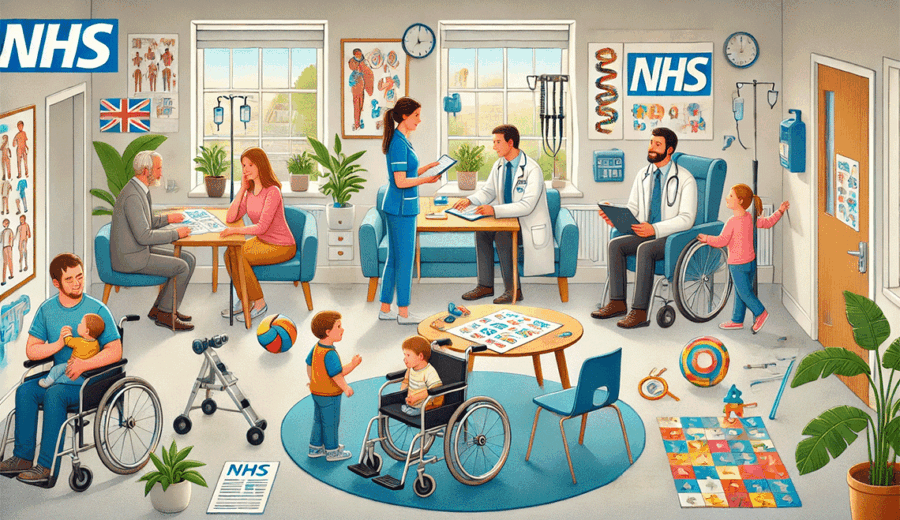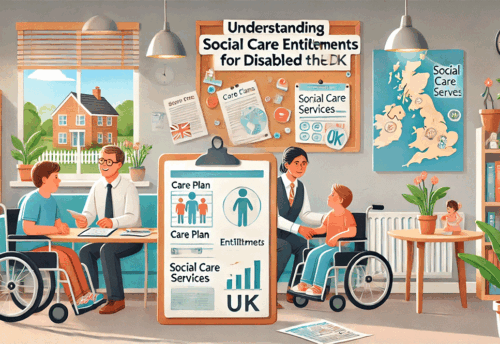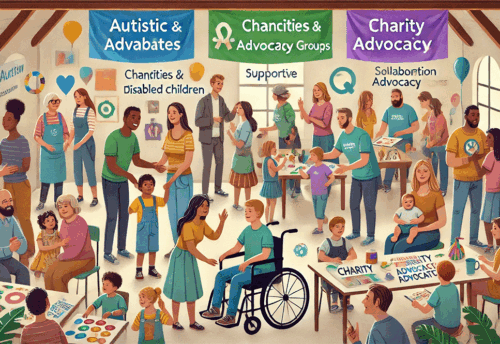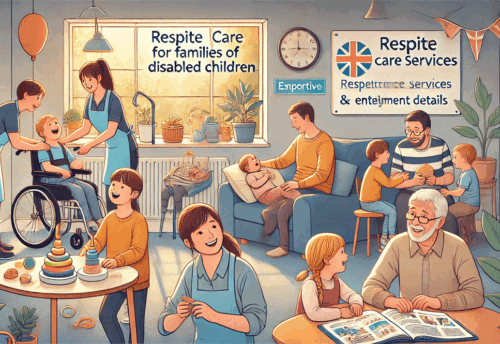
NHS Support for Autism and Disabilities
NHS Support for Autism and Disabilities: A Parent’s Guide to Services and Rights
The NHS provides a comprehensive range of services for families navigating autism and disabilities. Understanding these resources and your rights ensures that children with special needs receive the appropriate care and support. Here’s a detailed guide:
1. Getting a Diagnosis
Early diagnosis is crucial for accessing support. The process involves:
- Referral by GP or Health Visitor: For concerns about developmental delays or behaviors.
- Assessment by Specialists: Pediatricians, child psychologists, or speech and language therapists evaluate the child.
- Multidisciplinary Approach: For autism, diagnosis may involve input from various specialists, including occupational therapists.
2. Accessing Healthcare Services
The NHS offers specific services tailored to autism and disabilities, including:
- Speech and Language Therapy (SALT): To support communication challenges.
- Occupational Therapy: Assists with motor skills and sensory integration.
- CAMHS (Child and Adolescent Mental Health Services): Focuses on mental health challenges like anxiety or behavioral issues in autistic children.
- Specialist Clinics: Autism assessment units, developmental pediatricians, and sensory processing clinics.
3. Support Through Education and Health
- Education, Health, and Care Plans (EHCPs): While local authorities manage EHCPs, NHS assessments contribute significantly to their creation.
- School Nurses: Provide medical support and advice in educational settings.
- Continence Services: Assist with toileting and hygiene for children with physical or developmental needs.
4. Access to Mental Health Support
Children with autism or disabilities often face mental health challenges. The NHS provides:
- Psychological Support: Through Cognitive Behavioral Therapy (CBT) or counseling.
- Parent Training: Programs like “Positive Parenting” help parents manage behavior and stress.
- Crisis Support: Emergency mental health services for urgent cases.
5. Navigating Sensory and Behavioral Support
- Sensory Integration Therapy: Offered by occupational therapists to help children regulate sensory input.
- Challenging Behavior Teams: Help families manage difficult behaviors through tailored strategies.
6. Rights to Free NHS Care
Families of children with disabilities are entitled to:
- Free prescriptions for medications and therapies.
- Access to wheelchairs, mobility aids, and assistive devices.
- Home nursing for children with severe medical conditions.
7. Accessing Respite and Social Care Support
- Continuing Care Packages: Provide additional health support for children with complex needs.
- Short Breaks: Work in partnership with local authorities for respite care.
8. Parent Advocacy and Rights
Understanding your rights as a parent is essential:
- NHS Complaints Process: If care is delayed or insufficient, families can escalate concerns.
- Equality Act 2010: Protects against discrimination in healthcare settings.
- Patient Advice and Liaison Service (PALS): Provides support for navigating the NHS system.
9. Community-Based NHS Initiatives
The NHS often collaborates with local services to provide:
- Autism-friendly GP appointments.
- Support groups and drop-in clinics for parents.
10. Resources for Parents
- NHS Apps and Tools: Autism tracker apps, mindfulness tools, and speech therapy guides.
- Online Support: NHS websites provide access to guides, e-learning modules, and advice.
11. Preparing for Adulthood
Transition planning ensures a smooth shift from pediatric to adult services. The NHS offers:
- Transition nurses.
- Access to adult mental health or disability services.





Leave a Reply